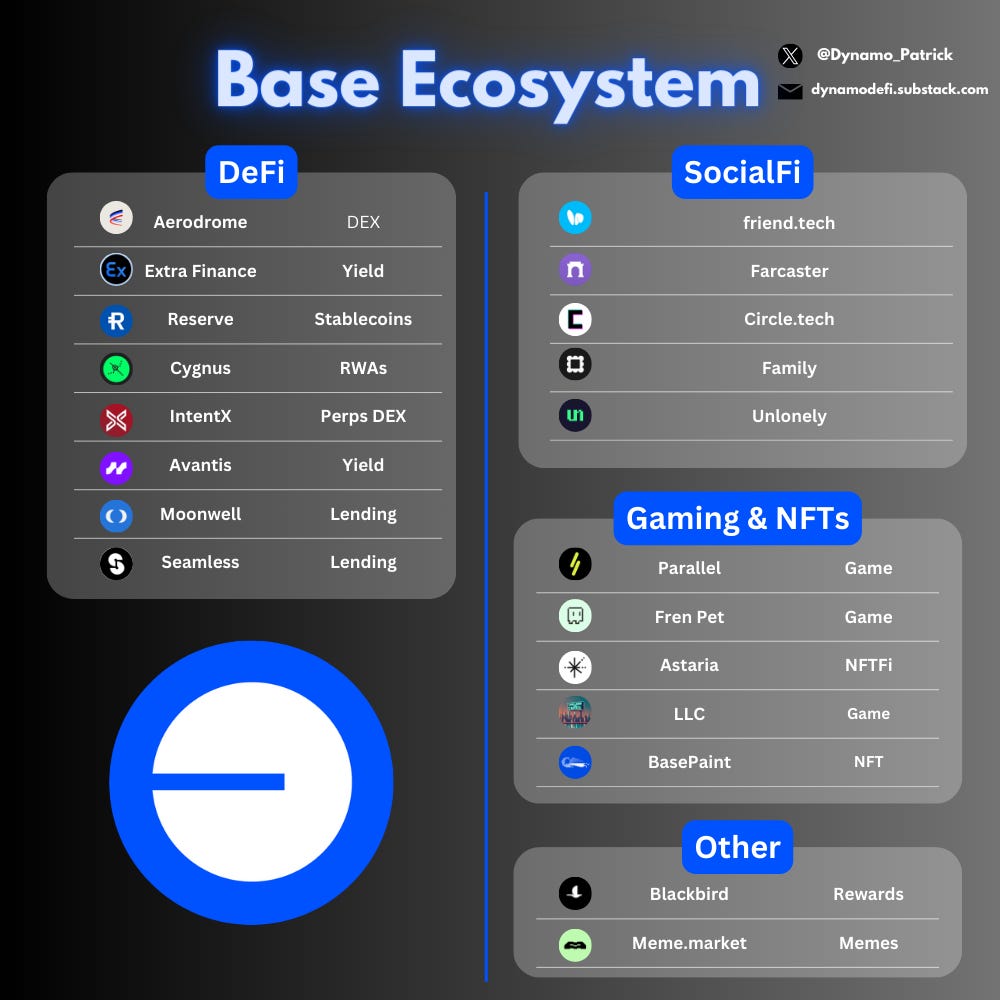Podcast Summary
The US Treasury is proposing a significant expansion of power to crack down on bad actors using cryptocurrency. The proposal includes creating new sanctions powers against crypto exchanges facilitating payments to terrorist groups, expanding the definition of a financial institution to include crypto infrastructure, and asserting worldwide jurisdiction over US dollar-backed stablecoins. The proposal has received criticism for its potential to lead to geopolitical conflict, hinder funding for the US deficit, and create a surveillance state. The episode also discusses the recent sanctions on a Bitcoin mixer called Sinbad for its involvement in money laundering.
Key Takeaways
Expansion of Treasury’s Enforcement Powers
- Creation of Secondary Sanctions: The Treasury is proposing the creation of a new category of secondary sanctions powers to be used against crypto exchanges facilitating payments to terrorist groups.
- Expansion of Financial Institution Definition: The proposal aims to expand the definition of a financial institution to include crypto infrastructure such as exchanges, wallet providers, validator nodes, and DeFi services.
- Sanctions on Blockchain Nodes: The Treasury is requesting the ability to apply sanctions to blockchain nodes and other elements of crypto networks.
- Worldwide Jurisdiction over Stablecoins: The proposal would give the Office of Foreign Assets Control (OFAC) worldwide jurisdiction over US dollar-backed stablecoins, requiring stablecoin issuers globally to report suspicious activity and comply with US KYC and AML requirements.
Concerns and Criticisms
- Potential Geopolitical Conflict: Critics argue that asserting US jurisdiction over non-US-based stablecoins could lead to major geopolitical conflict and trade wars.
- Impact on US Blockchain Industry: The proposal is seen as clumsy and may result in the US being shut off from the rest of the world in terms of blockchain, potentially hindering funding for the US deficit.
- Dystopian Surveillance State: There are concerns that the proposal could create a dystopian surveillance state.
- Lack of Clarity and Understanding: The current rules are seen as unclear and difficult to understand, and there is openness to working together to address these issues.
Sinbad Bitcoin Mixer Sanctions
- Seizure of Sinbad’s Website: Sinbad’s website, sinbad.io, was seized in a joint operation between the FBI and law enforcement from Finland and the Netherlands.
- Involvement in Money Laundering: Sinbad has been labeled as a key money laundering tool for the Lazarus Group, a state-sponsored cyber-hacking group from North Korea.
- Discrepancy in Timing: There is a discrepancy in timing, as Sinbad was previously claimed to be a relaunch of a previously-sanctioned mixer called Blender.
- Implications for the Crypto Industry: The implications of the Sinbad sanctions extend beyond the crypto industry and are worth monitoring closely.
Sentiment Analysis
- Bullish: The Treasury’s proposal to expand enforcement powers is seen as a necessary step to address challenges related to illicit finance in the crypto industry.
- Bearish: Critics argue that the proposal is a broad expansion of powers that could lead to major geopolitical conflict, hinder funding for the US deficit, and create a surveillance state.
- Neutral: The industry has mixed reactions to the proposal, acknowledging the need to address illicit finance but expressing concerns about the potential impact on US interests and the motivations behind the proposal.












